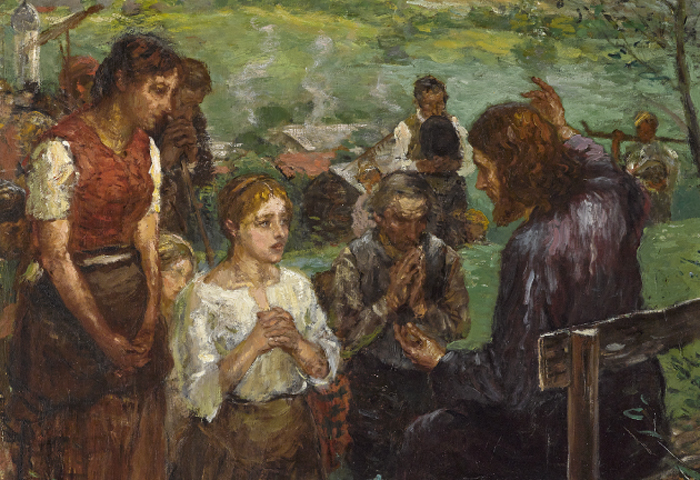
Oral gospel traditions
Oral gospel traditions is the hypothetical first stage in the formation of the written gospels as information was passed by word of mouth. These oral traditions included different types of stories about Jesus. For example, people told anecdotes about Jesus healing the sick and debating with his opponents. The traditions also included sayings attributed to Jesus, such as parables and teachings on various subjects which, along with other sayings, formed the oral gospel tradition.[1][2] The supposition of such traditions have been the focus of scholars such as Bart Ehrman, James Dunn, and Richard Bauckham, although each scholar varies widely in his conclusions, with Ehrman and Bauckham publicly debating on the subject.
"Sayings gospel" redirects here. For the known written collection of sayings of Jesus (logia), see Gospel of Thomas. For hypothetical collections, see Q source and Common Sayings Source.Elite agency[edit]
While there is a broad consensus on this view of the process of development from oral tradition to written gospels, an alternative thesis proposed by historian Robyn Faith Walsh in her book The Origins of Early Christian Literature, builds on scholarship from historian of religion Jonathan Z. Smith. She proposes viewing gospel authors as individual elite cultural producers in the classical vein, writing for an elite audience instead of early Christian communities, with agency in the composition of their text rather than primarily transmitters of tradition.[19][20]